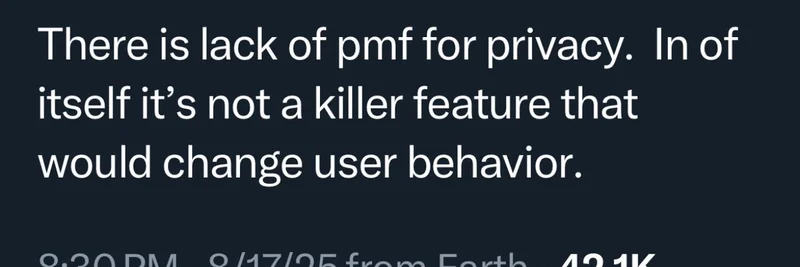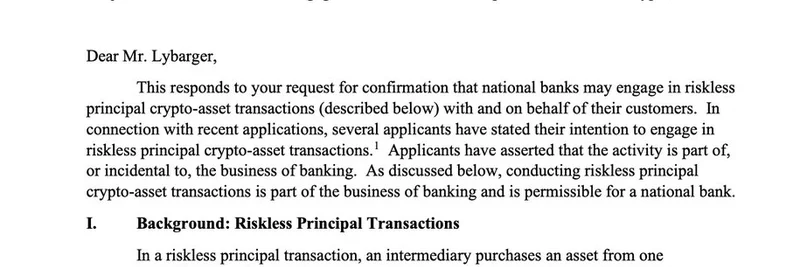In the fast-paced world of crypto, where meme coins thrive on hype and community, a recent Twitter exchange has ignited discussions about the role of privacy. It all started when Anatoly Yakovenko, the founder of Solana (often called "toly"), shared his thoughts on privacy lacking product-market fit, or PMF for short. PMF basically means how well a product meets the demands of its market. Toly argued that privacy alone isn't a standout feature that would drastically alter user habits.
Enter @basedkarbon, who countered this view in a thought-provoking post. He pointed out that many world-changing innovations were initially dismissed for having low PMF. Think computers, the internet, Amazon, and streaming services—they all seemed niche or unnecessary at first but exploded into massive markets. Basedkarbon wrapped up by emphasizing that privacy is essential and poised to become huge in the crypto space.
This perspective resonates deeply in the meme coin ecosystem, where transactions on chains like Solana are fully transparent. Anyone can trace wallet activities, which can deter big players or expose strategies. If privacy features gain traction, it could shield meme token traders from prying eyes, potentially boosting adoption and creating new use cases like anonymous community funding or stealth launches.
커뮤니티 반응과 인사이트
The post quickly drew reactions from the crypto community, highlighting diverse opinions on privacy's future.
One user, @0xLTR, suggested privacy could evolve into a status symbol, much like luxury goods. Imagine flaunting a supercar-level private wallet in the meme world— it could add a layer of exclusivity to holding certain tokens.
@0xenjoyo called out anti-privacy arguments as shortsighted, drawing parallels to skepticism around local large language models (LLMs). Just as local LLMs found their niche despite doubts, privacy tech might surprise everyone.
Not everyone was optimistic. @Artem_Oak noted that privacy-focused chains like Secret Network, Horizen, and Zcash haven't dominated, implying success might lie in adding privacy to established platforms with strong user bases, such as Solana or Ethereum-based meme hubs.
Others echoed excitement for privacy in crypto, with @0xOziii hinting it could be the next big use case, and @jojo_Enyie shouting out projects like Billions Network for laying the groundwork.
Even critics like @aibra poked at Solana's front-running issues, where transactions can be intercepted, underscoring the irony in dismissing privacy while real-world problems persist.
밈 토큰에 대한 시사점
For meme coin enthusiasts, this debate isn't just theoretical. Meme tokens often rely on viral momentum and retail participation, but transparency can lead to rug pulls, whale watching, and regulatory scrutiny. Enhanced privacy could mitigate these risks, allowing for fairer plays and attracting more cautious investors.
Projects integrating privacy, like those using zero-knowledge proofs (ZKPs)—tech that verifies transactions without revealing details—might see a surge. On Solana, where meme coins like Dogwifhat or Bonk have boomed, adding privacy layers could prevent front-running and make the ecosystem more robust.
As blockchain evolves, underestimating privacy might be a mistake. If history is any guide, what seems low-PMF today could redefine meme trading tomorrow. Keep an eye on emerging privacy tools; they might just be the hidden gem in your portfolio.
Whether you're a degen trader or a long-term holder, understanding these shifts can help you navigate the meme coin landscape smarter. What do you think—will privacy flip the script on meme tokens? Dive into the conversation on X and stay ahead of the curve.



